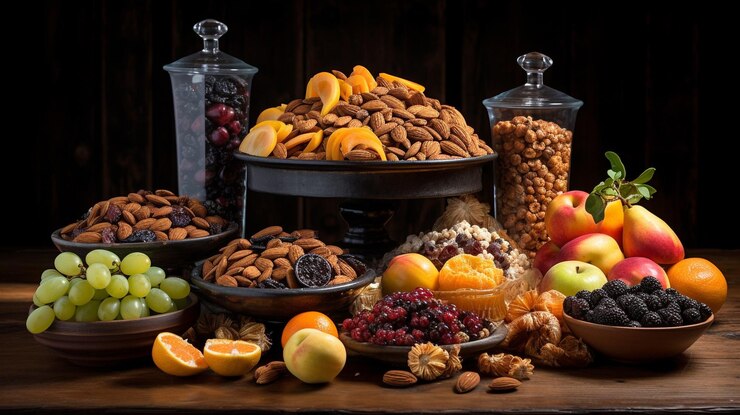

Religious and monastic communities have always followed some dietary habits that emphasize simplicity, nourishment, and religious self-discipline. Dry fruits are one of the key ingredients of such diets due to their nutritional properties, ease of storage, and symbolic connotations.
Historical and Cultural Significance
Dry fruits like dates, figs, almonds, and walnuts have been part of the menu of religious diets for centuries. In monastic traditions across the globe, such calorie-rich foods have been appreciated not just for their nutritional value but also as a part of asceticism which does not excess in pleasure. Christian monastic orders, Buddhist monasteries, and Islamic communities all put a tremendous importance on the consumption of natural and whole foods, and dry fruits are an integral part of them.
Nutritional Benefits
Dry fruits contain high amounts of energy, vitamins, and minerals, which take on particular significance in monastic lifestyles that include fasting, meditation, and physical work. Some of the notable advantages include:
High Energy Content: With a high content of natural sugars and fiber, dry fruits offer sustained energy.
Essential Nutrients: Walnuts and almonds contain high percentages of omega-3 fatty acids, which stimulate mental processes and overall well-being.
Sustenance During Fasting: Certain religious traditions entail fasting sessions during which dry fruits are used to sustain energy levels and nutrient depletion is avoided.
Antioxidant-Rich: Dry fruits like prunes and raisins are rich in antioxidants that bar oxidative stress from being repelled and overall health from being weakened.
Easy Digestibility: Being fiber-rich, dry fruits offer digestive health and facilitate easy digestion, thus suitability for limited diets.
Role in Religious Practices
Islamic Traditions:
Dates are a common Islamic traditional food substance consumed to end fasts for Ramadan because of their speedy contribution to energy levels and easy digestibility. Figs and almonds, certain dry fruits, have been advised by Islamic traditional medicine as well on the basis of their medicinal usage.
Christian Monasticism:
Christian nuns and monks normally integrate dry fruits into their diets, especially when fasting during the Lent season. Dry fruits are used instead of heavy meals by the majority of the monasteries for maintaining clarity of mind as well as body to pray and meditate.
Buddhist Monasteries:
Buddhist monks eat dry fruits as a part of their vegetarian meal, relishing their purity and health-giving properties. Some fruits are also regarded in certain Buddhist schools to be a sign of enlightenment and calm mind.
Hindu and Jain Traditions:
Dry fruits are a part of traditional Hindu and Jain fasting, serving alongside milk so it won’t go against the rules of diet but still add nutrition.
As individuals grow more health- and sustainability-minded, dry fruits remain the favored choice in religious communities and wider society. Dry fruits can accommodate organic, preservative-free diets and enable ethical food consumption. Monastic-style diets are being eaten today using whole foods and no processing, and dry fruits are the best addition to today’s health-mindful diets.
The Role of Qudrati Food in Providing Quality Dry Fruits
For customers and societies requiring high-quality dry fruits, Qudrati Food provides naturally cultivated, organic dry fruits. Maintaining quality and freshness, Qudrati Food provides dry fruits that can be suitable for monastic traditional diets as well as contemporary nutritional requirements.
Dry fruits are an ancient part of monastic and religious diets, providing the ideal combination of nutrition, tradition, and spiritual harmony. Their endurance is a testament to the sense of ancient dietary knowledge and its applicability in contemporary, health-aware living.
For best quality organic dry fruits, Qudrati Food has high-quality offerings suitable for the monastic and religious diet.
Stop by Qudrati Food and see high quality dry fruits that are best suited for a balanced healthy diet.
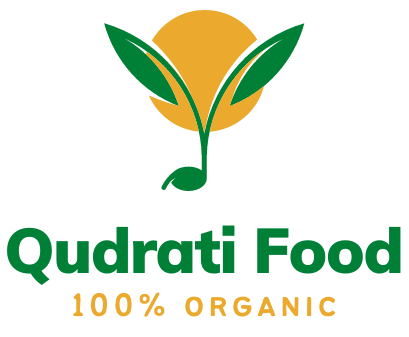
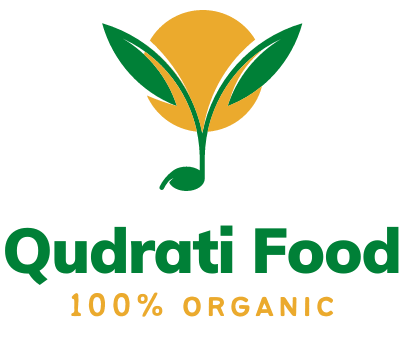

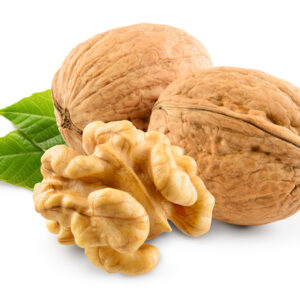
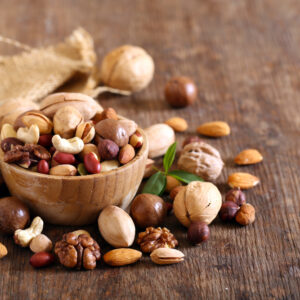


Leave a Reply